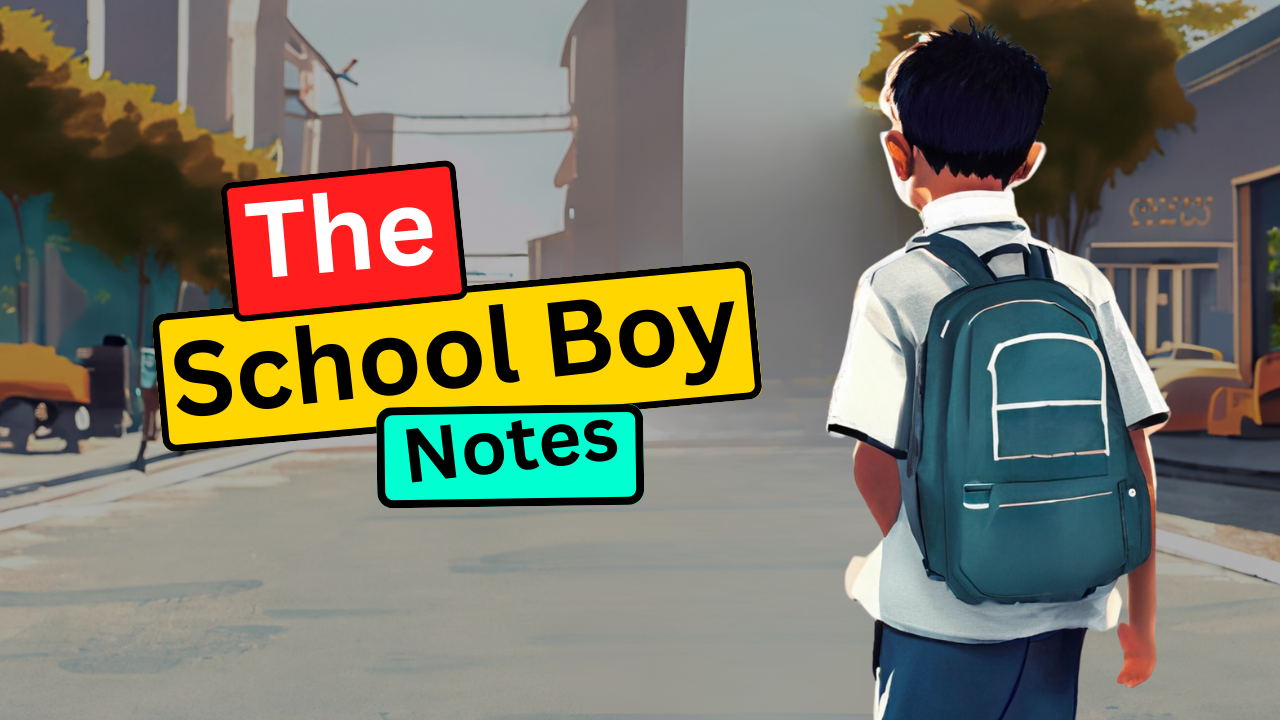The School Boy Summary Class 8 English HoneyDew

Etutor Guru
20 Aug 2023
- 1st puc english the school boy summary pdf
- 1st puc the school boy summary
- class 11 english the school boy summary
- class 8 english chapter the school boy summary
- class 8 english the school boy summary
- the school boy summary
- the school boy summary 1st puc
- the school boy summary 1st puc in english
- the school boy summary 1st puc in english notes
- the school boy summary class 11
Table of Contents
Summary of The School Boy, Class 8 English
William Blake wrote the poem School Boy. The poem is about a sad schoolboy. He claims that his childhood has been shattered for the purpose of studying and teaching. The boy enjoys early mornings, trees, and birds. He enjoys being outside. His mornings, however, are uncomfortable and unhappy due to school. He dislikes going to school and is uninterested in literature and academics.
The poet also cautions parents not to deny their child the joy and freedom that he deserves. If we have sad children, our planet will suffer.
The School Boy, Class 8 Summary in English
The School Boy poem is about a dissatisfied schoolboy. He enjoys summer mornings and seeing the trees and birds. We all know that mornings are full of hopes and dreams. He enjoys the distant sound of the huntsman’s horn. He too wants to sing with the skylark. In a nutshell, he adores being in nature’s presence.
His morning hours are unhappy since he needs to go to school. As a result, his educational life is equally concerning. He is uninterested in literature and study. He was bored with the teacher’s talk as well. The teacher also maintains a close watch on all of the students to ensure that all of the rules and regulations are followed.
As a result, his day is spent in pain and misery. He also loses all delight. The poet compares school to a tree where youngsters sit and study. The youngster claims that he, too, does not feel peace when sitting under this tree.
We’ve all heard that the joy of childhood is being free and joyous like a bird. A youngster in school is compared to a bird in a cage by the poet here. As a result, he claims that just as a bird is miserable in its cage, so is a youngster in school. He claims that a youngster who is afraid of his parents and instructors would not be happy or joyous.
The poet goes on to argue that parents should not deny their children joy and freedom for the sake of their academics. Taking away their joy and freedom is like robbing the Earth of its spring. The poet also compares it to plucking buds and blooms off plants. He believes that if he does not have a joyful childhood, the world will be a sad place.
The poet relates it to nature in a nice way. He claims that if we do not have a joyful childhood, we will endure a winter of sadness. We will never be able to relive the joyous summer.
Conclusion of The School Boy, Class 8 English
The poem reminds us that, as parents, we must take proper care of our children. It is our responsibility to make sure that our children are happy, cheerful, and free. If we want future generations to be happy and affluent, we must ensure that they have a pleasant childhood.

